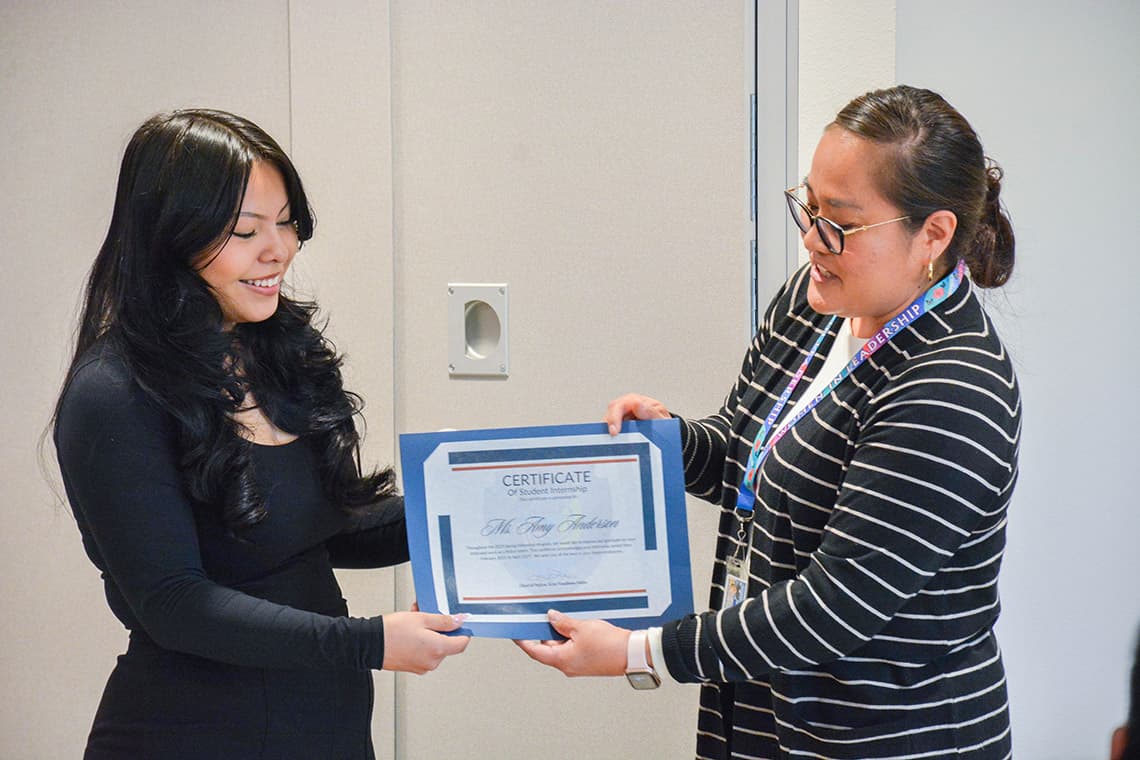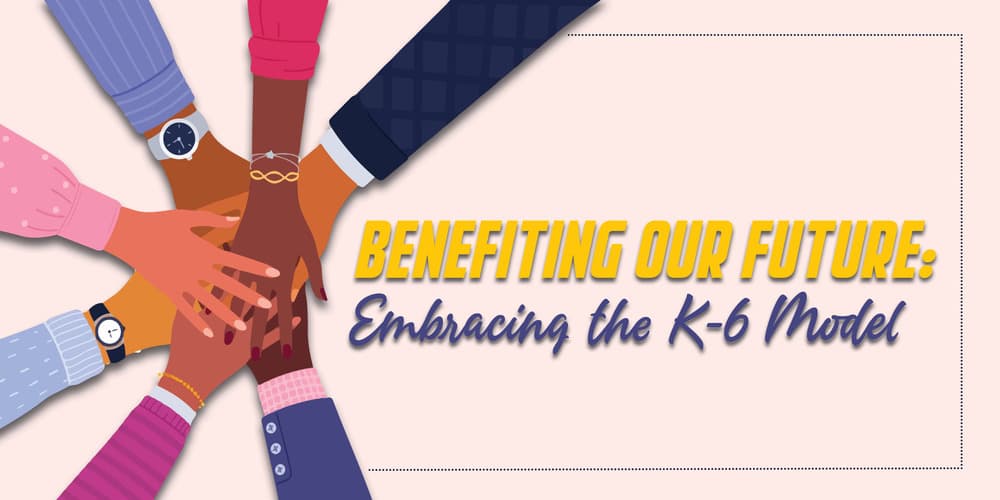UNM Gallup Library Director Named President of State Consortium
Markos Chavez, director of Zollinger Library at UNM Gallup, was named president of the New Mexico Consortium of Academic Libraries this summer, a role that positions Gallup at the center of statewide library collaboration and policy advocacy. The appointment and a Directors Retreat hosted on the Gallup campus signal potential gains for local students, residents, and underserved communities through expanded resource sharing and culturally responsive programming.

Markos Chavez, director of Zollinger Library at the University of New Mexico Gallup, was named president of the New Mexico Consortium of Academic Libraries this summer, according to a profile published by the Gallup Sun on November 17, 2025. The consortium brings together academic library leaders from across New Mexico to present unified positions on policy matters and to manage collaborative projects that can shape library services statewide.
Chavez, who was born and raised in Gallup, has stewarded Zollinger Library toward being both a student resource and a community hub. His academic credentials include a Bachelor of Arts in English, a Master of Arts in secondary education from the University of New Mexico, and a Master of Library and Information Science from the University of Arizona. He said the role "feels weird, in a good way," and he described his responsibilities as keeping academic library directors in the state informed and engaged.
In July Chavez hosted the NMCAL Directors Retreat on the Gallup campus, inviting colleagues for meetings and a cultural showcase that included Indigenous dance performances. The retreat underscored the consortium role of tracking statewide library issues and running leadership cycles that typically span multiple years. By convening directors in Gallup, Chavez created a visible moment for local culture and for the city as a site of statewide library leadership.
For McKinley County residents the appointment carries practical implications. Academic library collaboration can expand access to books, digital resources, and research databases for students and community members who face barriers to information. Strengthened advocacy through a unified consortium can influence state policy and funding decisions that affect rural and underserved libraries, which are often stretched thin by cuts and inequitable resource distribution.
Public health and social equity concerns intersect with library services. Libraries serve as sites for health information literacy, access to telehealth resources, and programs that support mental health and adult education. A consortium led by a Gallup native who has prioritized community programming may amplify projects that address information deserts and health disparities in McKinley County and similar communities across New Mexico.
Systemic challenges remain. Rural libraries contend with limited funding, staff shortages, and infrastructure gaps that reduce their capacity to serve as reliable public information centers. The New Mexico Consortium of Academic Libraries advances coordinated strategies that can push policymakers toward investments in digital inclusion, equitable resource sharing, and culturally relevant programming.
Chavez has used his position at Zollinger Library to weave community needs into library services, and his presidency of the consortium creates an opportunity for McKinley County to have a stronger voice in statewide library policy. As the consortium moves forward with collaborative initiatives and leadership cycles, local residents and institutions may see expanded services, programming that reflects regional cultures, and increased advocacy for the resources needed to sustain equitable access to information.


